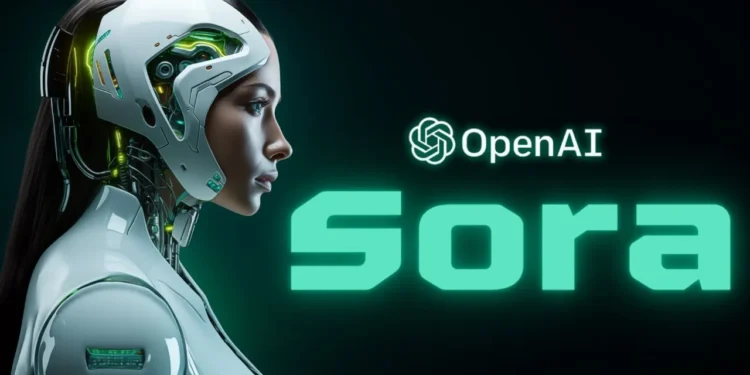In a recent development that has caught the attention of both the tech and legal worlds, OpenAI’s Sora, a newly launched video-generating AI, has raised questions regarding the sources of its training data. Launched just this Monday, Sora, with its capability to produce up to 20-second-long videos from mere text or image prompts, represents a leap forward in AI technology. However, the nature of the data used to train Sora, specifically its potential origins from game content like Twitch streams and walkthroughs, has sparked concerns about legal implications.
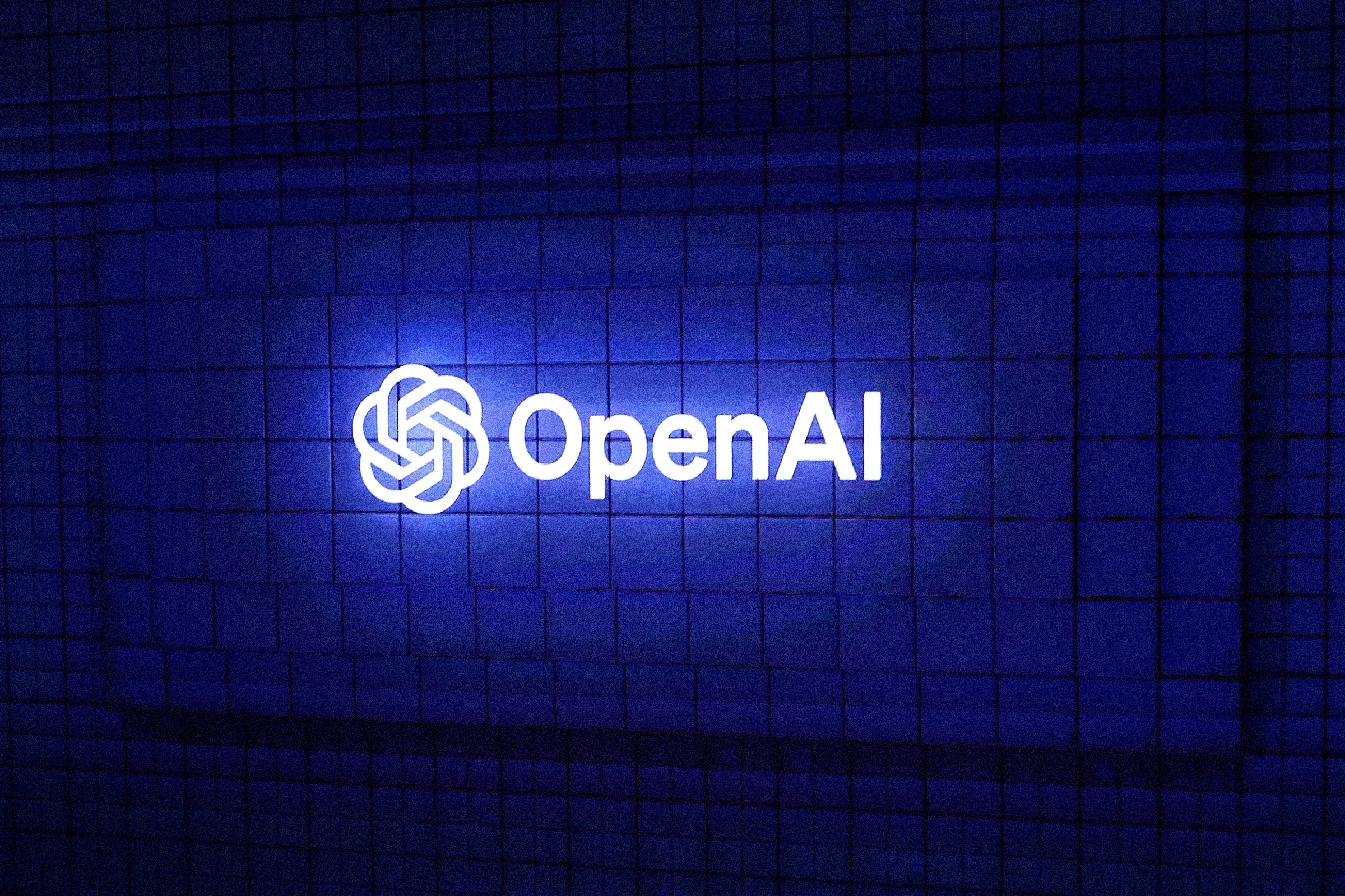
Exploring the Roots: The Gaming Connection
When OpenAI introduced Sora earlier this year, it hinted at using Minecraft videos for training. This revelation led to speculation about what other video game playthroughs might be part of Sora’s learning repertoire. The AI’s ability to generate scenarios reminiscent of popular games such as Super Mario Bros., Call of Duty, and even an arcade-style echoing the ’90s Teenage Mutant Ninja Turtle games suggests a deep integration of gaming content.
Joshua Weigensberg, an IP attorney at Pryor Cashman, pointed out the risks involved, stating, “Training a generative AI model generally involves copying the training data. If that data is video playthroughs of games, it’s overwhelmingly likely that copyrighted materials are being included in the training set.” This poses significant legal risks, especially as more companies utilize AI in interactive experiences, potentially without securing appropriate licenses.
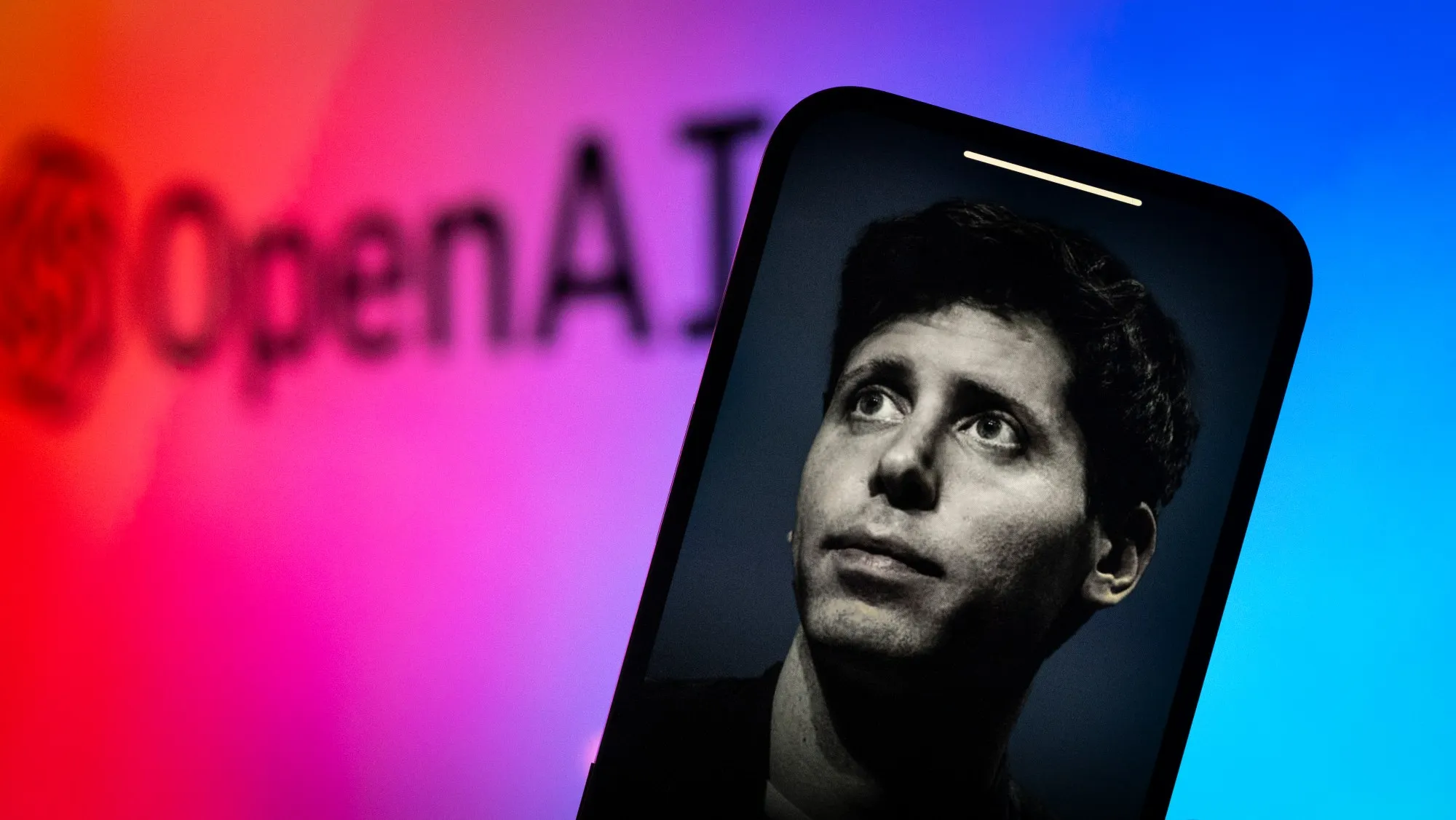
Legal Perspectives and Industry Concerns
As the boundaries of AI and creativity continue to blur, the legal challenges become more complex. Evan Everist, a copyright attorney, emphasizes the layered copyright elements in gameplay videos, which can involve multiple stakeholders from game developers to content creators. “Should courts find copyright liability for training AI models, each of these copyright holders would be potential plaintiffs or licensing sources,” Everist explained.
Despite the transformative capabilities of generative AI, the inclusion of copyrighted elements without permission has led to increased litigation. Companies such as Microsoft and OpenAI find themselves in legal hot waters, defending the innovative yet contentious use of AI in generating content that might infringe on existing copyrights.
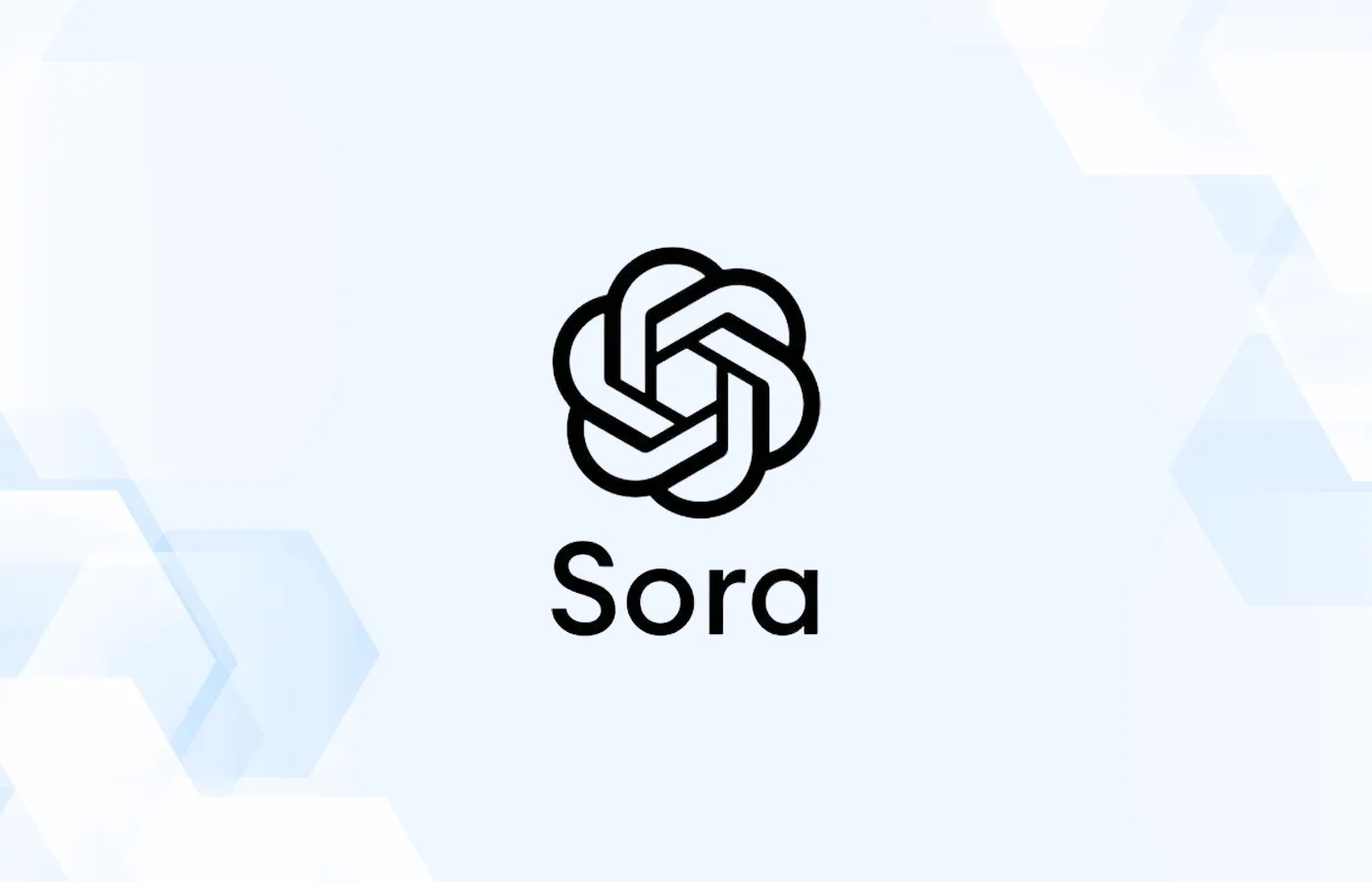
The Future of AI and Copyright Law
The ongoing legal battles and the evolving nature of AI applications in gaming and other creative industries highlight the need for a clearer understanding and possibly new legal frameworks to address these advanced technologies. As AI continues to push the limits of what’s possible, the legal system must adapt to protect the rights of original creators while fostering innovation.
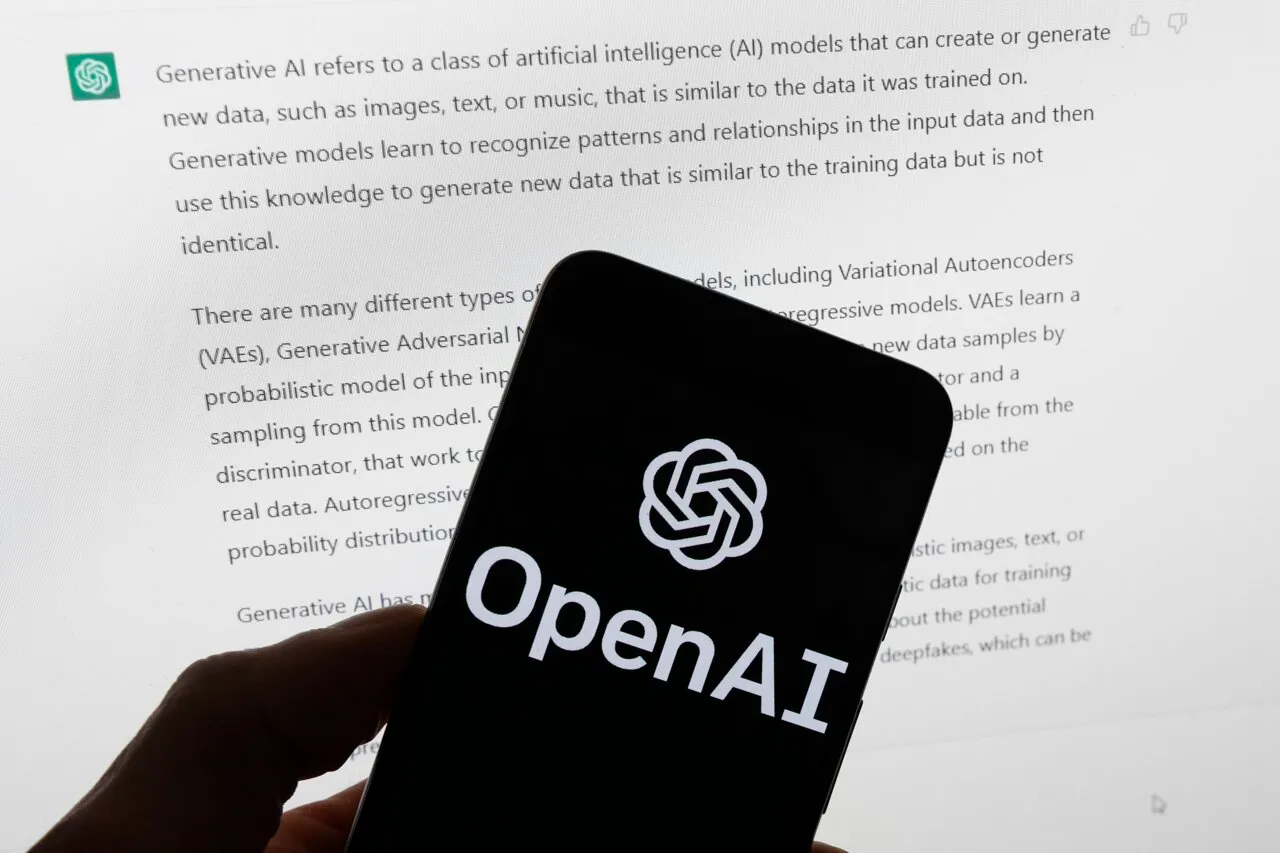
OpenAI’s case with Sora could set a precedent for how generative AI tools are perceived under the law, particularly in how they handle copyrighted content. As the discussion unfolds, the outcome of these legal challenges will not only affect Sora but could influence the future development of AI technologies across various sectors.

